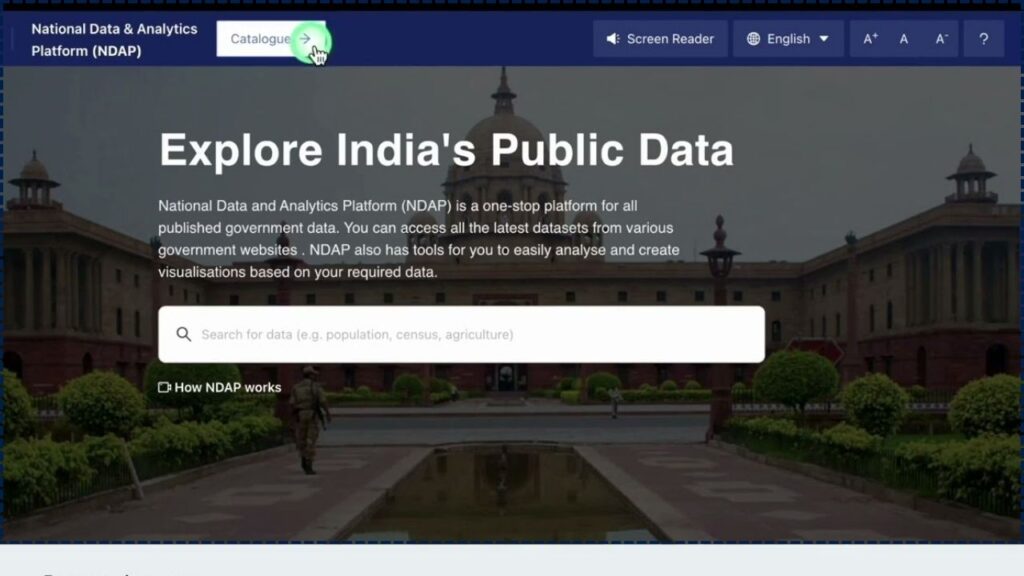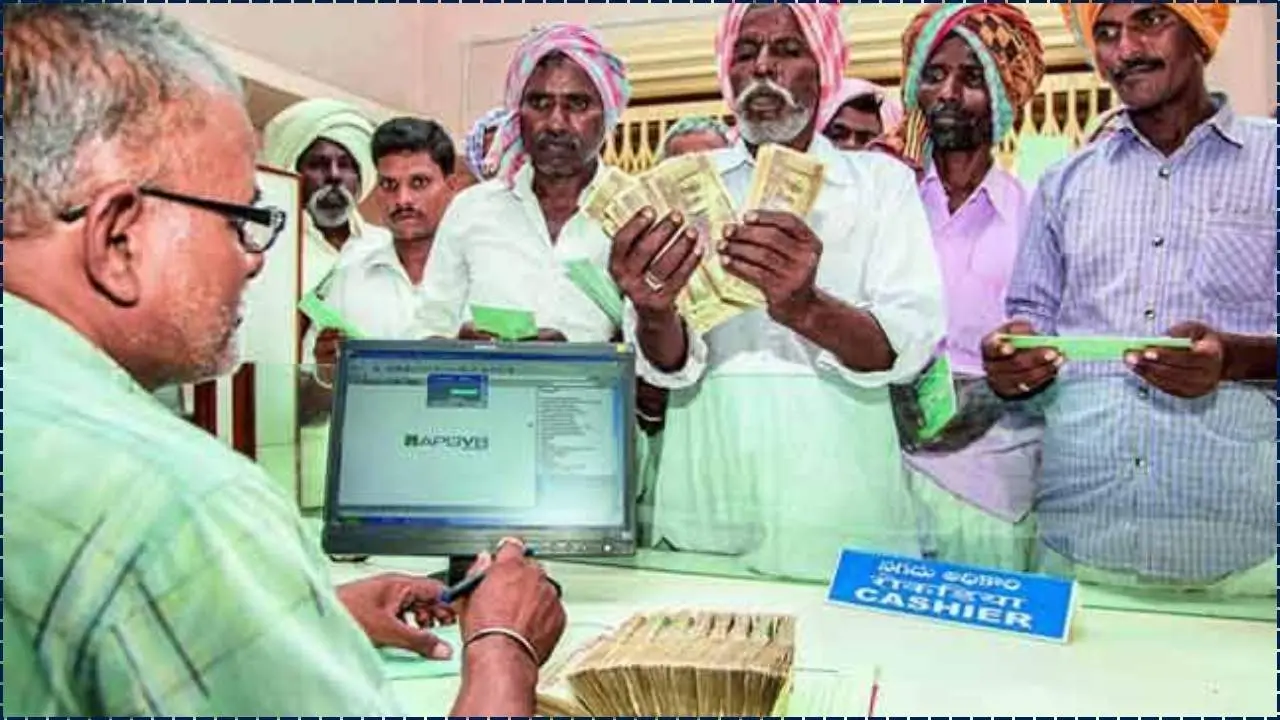The National Data and Analytics Platform (NDAP) represents a transformative leap toward evidence-based governance in India, embodying a deep commitment to empowering both policymakers and citizens by providing interoperable, transparent tools to objectively assess state performance and foster equitable development.
With its accessible visual tools, NDAP invites communities to engage in data-driven decision-making, promoting inclusivity and trust in the pursuit of a fairer society.

As the platform evolves and broadens its reach, it holds immense promise for bridging development gaps, uniting stakeholders in a shared mission to uplift marginalized regions and ensure every citizen’s voice contributes to a compassionate, transparent, and hopeful future for India.
The National Data & Analytics Platform (NDAP) transforms the way India maps development by offering a compassionate, data-driven lens on progress in critical areas like health, education, and digital inclusion, fostering a shared commitment to uplifting every citizen across the nation’s diverse states.
By providing standardized, interoperable datasets, NDAP empowers policymakers and communities to objectively evaluate strengths and address gaps, ensuring that resources and opportunities reach those who need them most, particularly in underserved regions.
This initiative unites stakeholders in a collective mission to bridge disparities with transparency and empathy, creating a brighter, more inclusive future where every individual’s well-being is prioritized, and every community’s potential is nurtured through informed, equitable planning.
Table of Contents
What is NDAP and Why It Matters
The National Data & Analytics Platform (NDAP) is a flagship open-data initiative from NITI Aayog, launched in May 2022 to democratize public government data across sectors—such as health, agriculture, and education—via a unified, user-friendly portal. NDAP provides harmonised data, machine-readable formats, robust search, and visualisation tools aimed at policymakers, researchers, and citizens.
NDAP’s Analytical Advantages
Facilitating Cross-Sector Insights
By enabling seamless linking of datasets—e.g., education outcomes with health metrics—NDAP allows analysts to explore correlations across development dimensions such as literacy rates and public health.
Enhancing Transparency and Access
NDAP’s open-access format, combined with its visual analytics and API interfaces, promotes accountability and transparency in governance.
Related Links
The Future of Digital India: What to Expect from E-governance 2.0
Demystifying Aadhaar: What Every Citizen Needs to Know About Their Unique ID
Expert Insight on NDAP’s Potential
At the platform’s launch, Suman Bery, Vice-Chairman of NITI Aayog, said NDAP “makes key foundational datasets interoperable” to democratise Indian government data usage. Amitabh Kant, then CEO of NITI Aayog, added: “NDAP… aids India’s progress by promoting data-driven disclosure, decision making and ensuring availability of data connecting till the last mile”. Analysts have noted that NDAP raises India’s statistical capacity for global comparisons and transparency.
Limitations and Continuing Challenges
Incomplete Coverage
Some sectors remain underrepresented on NDAP, and updates can lag behind real-time needs.
Metadata and Consistency Issues
Historical data sources often lack detailed metadata. NDAP’s integration effort helps, but gaps persist in clarity and documentation across datasets.
















